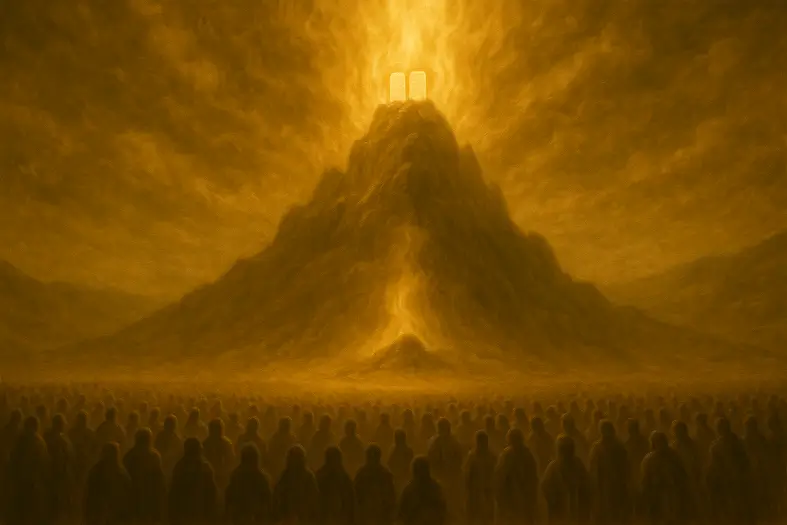


We are commanded to understand and internalize that Hashem’s essence and authority are perfectly, indivisibly One.
This mitzvah defines the foundation of Jewish belief: Hashem is absolutely One — not composed of parts, not divided, not represented by multiple forces or beings. Nothing shares His essence or competes with His sovereignty. By commanding Jewish people to recite “Shema Yisrael,” the Torah teaches us to declare and internalize this unity daily — unifying the mind, heart, and world under Hashem’s singular truth.
Rambam
Sefer HaChinuch
Rashi / Ramban / Ibn Ezra / Sforno / Abarbanel / Midrashim
Talmud & Midrash
Kuzari, Maharal, and Other Rishonim
Shulchan Aruch & Halacha
Acharonim & Modern Torah Giants
Chassidic & Mussar Classics
Contrast with Mitzvah 2 — Not to believe in other gods
One uproots error; the other builds the truth.
Parallel to Mitzvah 1 — To know that He exists
Both together define the Jewish concept of G-d.
Resisting Modern Forms of Avodah Zarah
Interfaith Pluralism and Jewish Identity
Mindfulness of Unity in Daily Life
Ethical Oneness
Shema as Daily Anchor
Faith Through History and Suffering
Unity as Emotional and Mental Health


Denotes the oneness and indivisibility of G‑d—affirming there is no other power or force besides Him.
Used for mitzvot that reflect Judaism’s foundational principles—belief in G-d, reward and punishment, prophecy, Torah from Heaven, and more. These commandments shape the lens through which all others are understood.
Represents Emunah—the deep, inner trust in Hashem’s presence, oneness, and constant involvement in our lives. This badge symbolizes a heartfelt connection to G-d, rooted in belief even when we cannot see. It is the emotional and spiritual core of many mitzvot.
An exclusive badge for the Ten Commandments - עשרת הדיברות given at Sinai: to know and recognize G-d. These commandments form the foundation of all others and reflects the moment of direct Divine revelation.
Relates to internal intentions, beliefs, and mindfulness in performing mitzvot or avoiding transgressions.
Mitzvot that define and deepen the relationship between a person and their Creator. These include commandments involving belief, prayer, Shabbat, festivals, sacrifices, and personal holiness — expressions of devotion rooted in divine connection.
Represents the concept of spiritual intentionality, purity, and sanctity—set apart for a higher purpose.
Signifies awe and reverence toward Hashem—living with awareness of His greatness and presence.

Dive into mitzvos, prayer, and Torah study—each section curated to help you learn, reflect, and live with intention. New insights are added regularly, creating an evolving space for spiritual growth.

Explore the 613 mitzvos and uncover the meaning behind each one. Discover practical ways to integrate them into your daily life with insights, sources, and guided reflection.

Learn the structure, depth, and spiritual intent behind Jewish prayer. Dive into morning blessings, Shema, Amidah, and more—with tools to enrich your daily connection.

Each week’s parsha offers timeless wisdom and modern relevance. Explore summaries, key themes, and mitzvah connections to deepen your understanding of the Torah cycle.